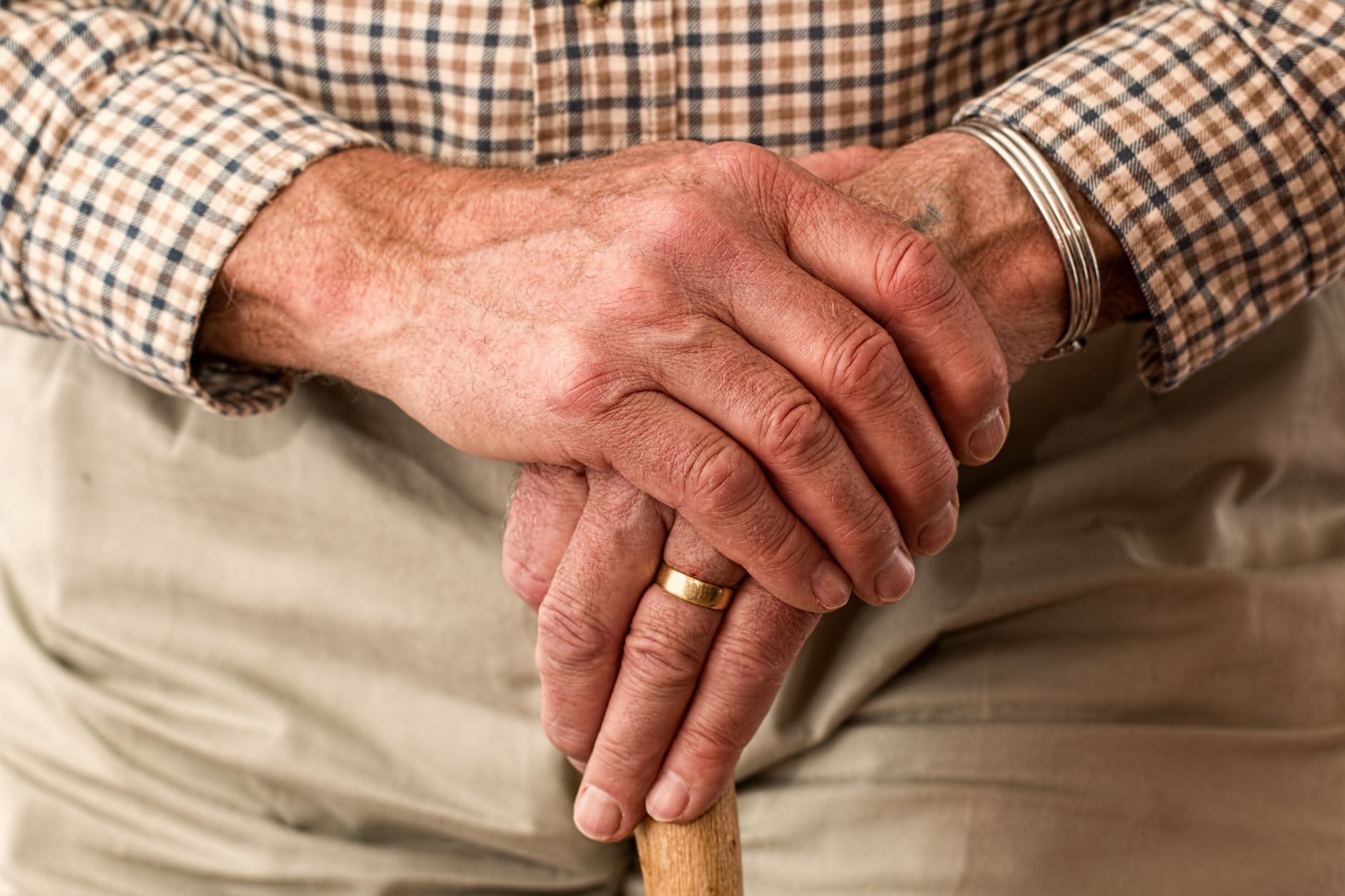
Importance of Group Homes for Adults With Special Needs
According to the Centers for Disease Control and Prevention (CDC), about 1 in 4 Americans have a disability that impacts their livelihood. Mobility is the most common and it affects every 2 in 5 adults over the age of 65. Similarly, cognition and hearing loss are also common in older adults.
All these instances reduce their chance of independent living and performing self-care activities. Taking care of aging adults can get challenging for their loved ones. For example, children might feel stressed, and tired. At the same time, caregivers might be looking for career opportunities elsewhere but are skeptical about leaving.
That is why organizations have created a safe environment for specially-abled adults in the form of group homes. This blog will discuss what group homes are, how to start one, and more.
Introduction to Group Homes for Specially Abled Adults
Group homes for adults with disabilities are living accommodations and an alternative to expensive institutional care. Usually, they are run by the government or a nonprofit organization. The community provides safety, food, and ensures accountability for everyone living there.
Some group homes have treatment teams who help older adults with medication schedules, appointments, finances, and transportation. These institutions offer comfort to loved ones as the residents will be safe and independent.
Each facility has different services based on state laws and regulations. For example, every home should comply with the Housing Quality Standards (HQS).
What Should Group Homes Have?
As mentioned, group homes need to comply with the American HQS of providing hospitality and meals. At the same time, some extra requirements include:
- Access to fun activities like shopping, field trips, entertainment, and crafts
- Availability of enough sanitary facilities like bathrooms with proper amenities
- Usability of food preparation like stoves, refrigerators, sinks, and more
- Enough security and space for each individual to live in comfort
- Safe neighborhood and site that is free from disturbances
Furthermore, the housing should be made from durable materials and be devoid of any malfunction. The roof structure has to be firm and the windows must be accessible.
When choosing group homes for specially-abled family members, caregivers should communicate with the administrator and take a tour of the institution. This will help determine the community’s inclusiveness, cleanliness, and amenities offered.
Starting a Group Home in 5 Easy Steps
According to Helper’s Community, individuals with developmental disabilities or IDD were earlier placed in institutions even when the situation was not severe. However, non-profit organizations have come up with a way to offer them a motivational, compassionate, planned, and engaging atmosphere.
How to start a group home for adults with disabilities? Humanitarians can start safe and affordable living accommodations for specially-abled adults with a few easy steps:
- Look for federal license requirements like certificates, permits, etc
- Follow the HQS standards based on the geographical location
- Have a solid business plan and create a description for the organization
- Consider the operational, marketing, and financial plans or targets
- Do not give up on the goal and look for volunteers
The University of Minnesota conducted a study on Community Integration and found that 80% of IDDs live with expensive caregivers. Helper’s Community states that access to housing outside family houses can be a challenge for them. Moreover, these institutes go through stringent and frequent health and food inspections.
That is why institutes like group homes can be an affordable and supportive service for such individuals.
The Benefits of Group Homes for Older Adults
Group homes can help make lives easier, better, and happier, especially with specially-abled adults. Some of the greatest benefits of group homes include the following:
- Offers a sense of belongingness, safety, and community
- Allows older adults to socialize and communicate with like-minded people
- Caters to the specially-abled adult’s requirements and needs
- Reduces the feeling of abandonment and isolation
- Helps with medication management and offers 24×7 supervision
- Access to health care administration and human services
Furthermore, they will feel a sense of inclusiveness because group homes let people contribute to household chores as per their capabilities. Residents will also get enough outdoor time and go on trips with their peers.
The Bottom Line
Taking care of an older adult with disabilities can be challenging. Sometimes, caregivers might not be able to continue with their responsibilities. However, institutional care can be too expensive.
That is where group homes for adults come in. In this institution run by nonprofit organizations or the government, adults with disabilities can live peacefully. The facilities make them feel at home and there are various services offered.
To create a group home, one must consider the state laws, get proper permits, and comply with HQS regulations. After that, they can generate a solid business plan including the financials and organizational goals.
This way, organizations can create a safe space filled with fun, care, and love for older adults with special needs.






